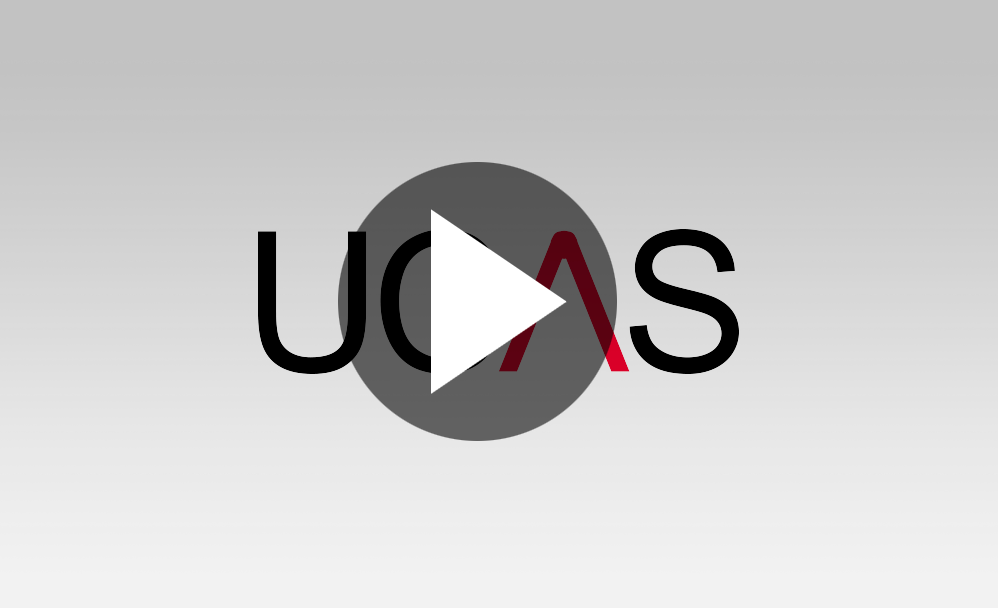Adult Learners' Open Evening | 9 September | Visit Eventbrite
Higher Education
Study closer to home
We already have a strong reputation for further education but did you know that over a hundred people each year study for a higher education (HE) qualification with us?
We offer Degrees, Foundation Degrees, Higher National Certificates (HNC), Higher National Diplomas (HND) and professional qualifications – with many of our courses validated by the leading higher education institutions in Wales.
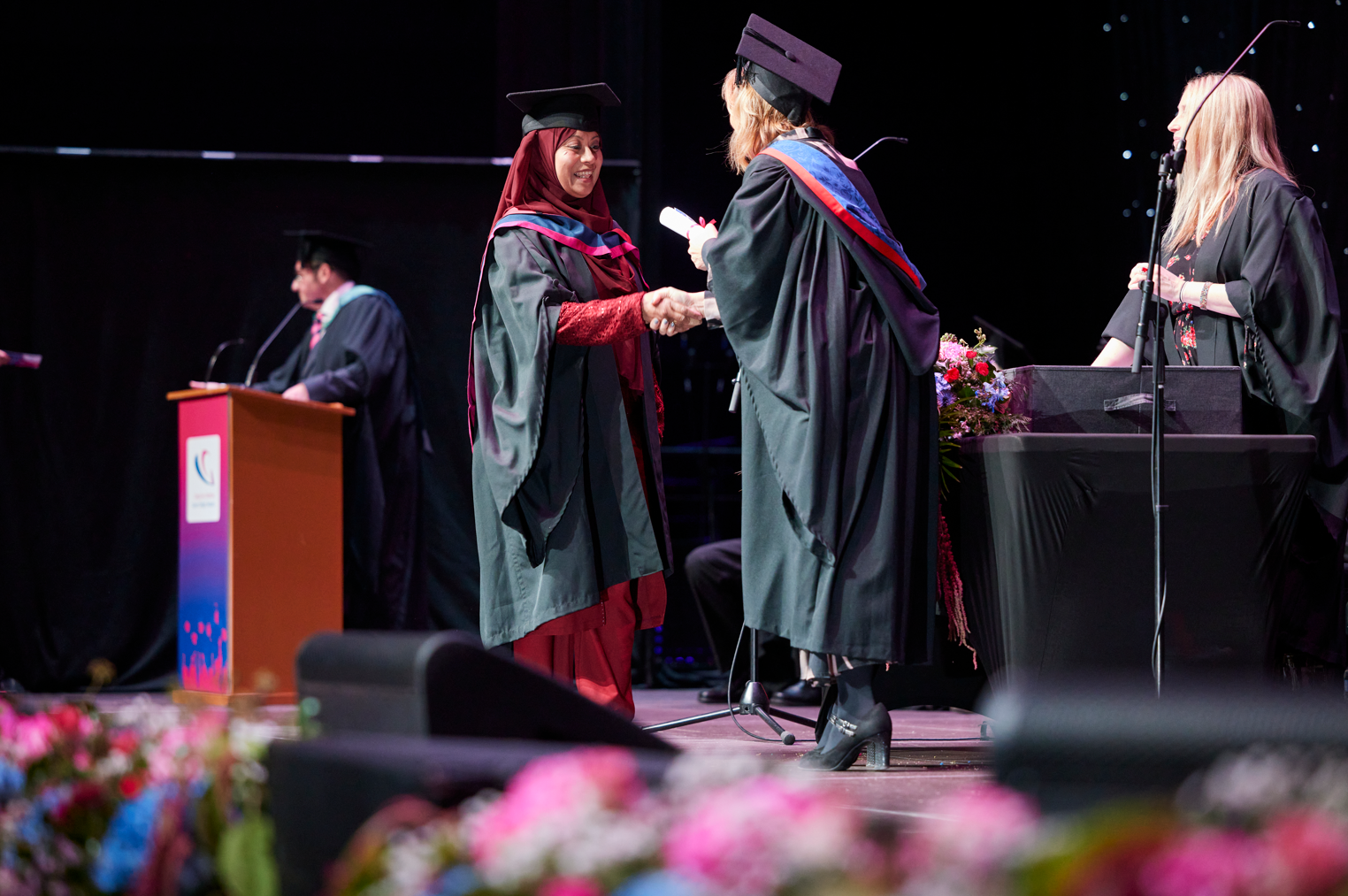
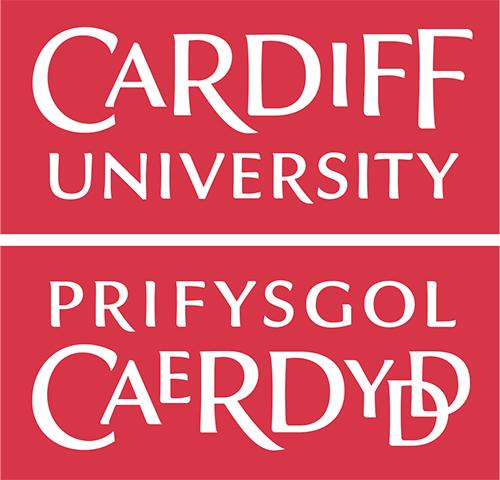
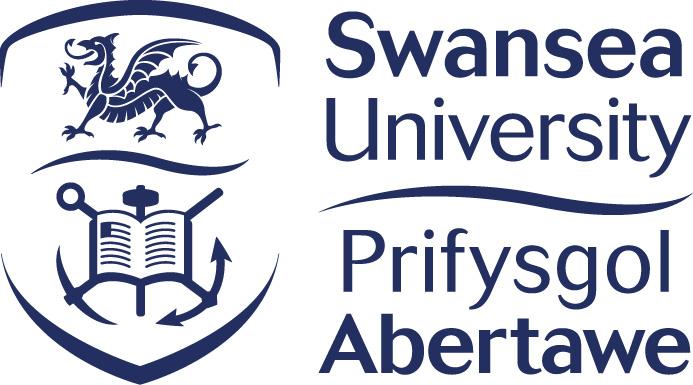

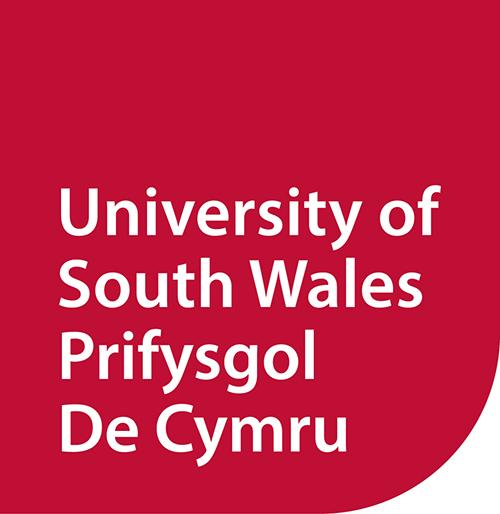
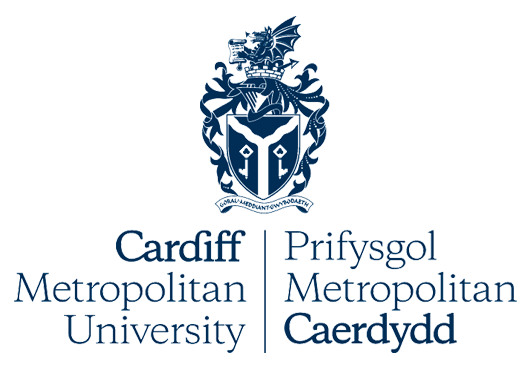
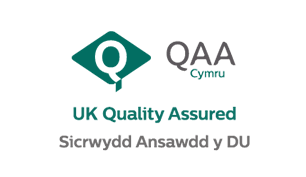
Graduation
At Gower College Swansea, we are proud to honor the hard work and achievements of our Higher Education students through our annual graduation ceremony.
How to apply
If the course you’re interested in is full time and has a UCAS reference number, you need to go through the UCAS website.
If you need help with completing the UCAS application form, you can watch this handy video guide.
Why study HE with us?
- Dedicated University Centre
- Smaller class sizes
- Plenty of support
- Flexible delivery
- Courses that focus on a particular job or profession
- Validated by leading universities
- Chance to top up to honours degree
- Work placement opportunities
- Better career prospects
- Strong links to industry
Higher
Education
Explained
A Bachelors degree involves studying one or sometimes two subjects in detail. It is the most common undergraduate degree in the UK and is a level six qualification. It typically takes three years to complete if you are studying full-time. An example is a Bachelor of Arts (BA).
A degree apprenticeship enables you to gain a full undergraduate degree while you work. Degree apprenticeships take three to six years to complete, depending on the course level. Overall, you will spend 80% of your time working and 20% of your time studying. Typically, you attend University or College one day per week.
Foundation degrees are qualifications that combine academic study with a work placement element.
Designed in association with employers, they are qualifications to equip people with the relevant skills, knowledge and understanding to achieve academic results as well as improve performance and productivity in the work place.
Foundation degrees focus on a particular job or profession. They are intended to increase professional and technical skills of staff within a profession or people intending to go into that profession.
They are the equivalent of two thirds of a full honours degree and courses may be full time or part time.
A full time foundation degree will take two years to complete and part time courses may take longer. There is an option to top up to a full honours’ degree at the end. This normally takes an extra year.
Higher National Certificates and Higher National Diplomas are work related courses usually designed to prepare students for a specific career.
Unlike many degrees, they are vocationally/job focused and can therefore lead straight to a career.
The Higher National Certificate is one level below a Higher National Diploma and generally equivalent to the first year of university. It takes two years to complete part time.
The Higher National Diploma is one level above the Higher National Certificate and equivalent to two thirds of a full honours’ degree. It takes two years to complete. It can be topped up to convert to a degree.
Professional qualifications are specifically linked to certain career choices and recognised by the relevant professional bodies (such as CMI, CIM, CIPD).
Professional certifications prove that someone has the knowledge, experience, and skills to perform a specific job, and has achieved a recognised level of competence.
Obtaining a professional qualification can offer rewards such as entry into a chosen career area, promotion, or an increase in salary.
Funding for HE courses
If you are thinking of applying for a HE course you will need to find out about your funding options.
Wondering what loans and grants you may be able to get? This video from Student Finance Wales provides a quick and easy explanation.
Whether studying a Higher Education course on a full or part-time basis, you could be eligible for loans and/or grants to help with your expenses.
If you have a disability or additional learning need, you might be able to get extra financial help.
As part of the application process you will need to attend a needs assessment meeting, the outcome of which will be forwarded to the College on your behalf. The assessment will take place at your local needs assessment centre e.g. Swansea University.
If you have any queries about the process, your Gower College Swansea contacts are Aiden Spiller (Learning Support Coordinator) on 01792 284237 / aiden.spiller@gcs.ac.uk or Hilary Langston (Learner Support i.e. dyslexia support) on 01792 284203 / hilary.langston@gcs.ac.uk
You could be eligible for a Welsh Government Learning Grant and/or a maintenance loan to help with your part-time course.
Find out if you are eligible for extra funding support if you have children or an adult who depends on you financially by visiting the Student Finance Wales website.
Our HE students can purchase a bus pass which can be used to get to and from College and can also be used on evenings and weekends on First Cymru buses.
The bus pass is valid from September to the end of June only for Swansea, Neath Port Talbot and Carmarthen areas and costs £550* for higher education students.
Bus passes can be purchased from Student Services after enrolment.
*Subject to increase each academic year.
You may find First Cymru’s online journey planner helpful for organising your route to and from the College.
The College awards a bursary in each year for all full-time HE students studying on a programme which is franchised from a HEI. For all courses franchised from a University the bursary is £1,000 per year.
If waiting for your student funding causes you hardship please let your course tutor/programme leader know asap. If you meet the set criteria, you could be able to access the student hardship fund.
If you have received student finance in the past it is important that you research thoroughly before you accept your place. You need to check that you can apply for the full tuition fee loan for the duration of your course. If you do not have enough years of funding to cover your course, you’ll need to pay for the extra years yourself before you can get any student finance.
NB you can still apply for a maintenance loan in your self-funded year.
You’ll normally only get student finance for your first degree or higher education qualification. There are arrangements in place for ‘Top Up’ qualifications, as explained below.
The number of years that you can get a Tuition Fee Loan for is normally calculated as:
Normal length of current course plus one year minus number of years of previous study
For example
If you are applying for a 2 year course and had 1 year of study on a different course previously then you will get the full 2 years of funding
If you already have a degree?
If you already have a degree normally you cannot get student finance for another degree. There are exceptions to this, for example if you wish to study PgCE, Social Work, Medicine and Dentistry.
If you have a Foundation Degree or HND, then a different funding formula will be used to determine how many years of funding eligibility you have remaining to top-up your qualification to an Honours degree.
For example
If you have completed a 2 year Foundation Degree and want to top up to a BA full degree, it would be 3 years plus 1 year minus 2 years studied, i.e. you would have up to 2 years of funding remaining.
Extra year of tuition fee support
If you were unable to continue to the next year of your course or had to leave your course due to personal reasons, you may be able get an extra year of tuition fee support, you will need to provide evidence of this.
Common reasons for applying for an extra year include:
- Mental health
- Illness
- Bereavement
- Pregnancy
- A caring responsibility.
Each application is looked at on an individual basis. However, applications cannot be based on:
- Financial hardship
- Not liking your course
- Reasons within your control.
For further information, please visit: www.studentfinancewales.co.uk/
Contact Student Finance Wales: 0300 200 4050. Monday to Friday, 8am- 6pm.
As a Higher Education student you will be able to access a wide range of support
The first point of contact for information, support and advice on anything from careers guidance to financial assistance is the central HE team based in the University Centre. The College also has a dedicated team of Student Support Officers available to students who require additional support outside their studies. They offer one to one support and can refer onto other agencies for additional support if needed.
Are you a Looked After Child or a Child Leaving Care and interested in signing up for a Higher Education course at Gower College Swansea? If so, you can access the College’s designated Support Officer who will be able to assist you every step of the way, from enrolment right through to settling in at the College.
The College also has a counselling service and health advisors who provide a professional service to students offering advice and guidance on specific health issues. Their aim is to promote health and wellbeing across the College.
Disability support and support for learners with specific needs
We offer advice to students with specific learning differences including dyslexia, dyspraxia and ADHD for example, on how to access appropriate specialist support, reasonable adjustments for examinations, screening and assessment along with guidance on the Disabled Student Allowance (DSA) funding application process.
For more information please contact Hilary Langston - h.langston@gcs.ac.uk
Additional support could include:
- One to one or small group support
- Specialist support for visually impaired students
- Communication support for deaf and hearing impaired students
- Specialist equipment following assessment or request
- Materials in large print, tape and Braille
- Extra time for exams.
Disclosing a medical condition on your Application – including a mental health difficulty
At GCS we encourage you to tell us about any conditions, challenges or disorders that you have. When submitting your UCAS or College application you have the opportunity to disclose this information. This means we can ensure that you get the support you require and make reasonable adjustments which take into account your needs.
Disabled Students’ Allowance
The DSA is a non means-tested, government funded scheme which can pay for any support that you might need to ensure that you are not disadvantaged during your studies.
Students with a disability or impairment including specific learning difficulties or a mental health difficulty may be eligible. You can apply for the Disability Students’ Allowance before or during your course, it is recommended that you do so as soon as possible as it can take time to get everything in place. To apply for a DSA you will need to provide evidence of your condition. Further information can be found at www.studentfinancewales.co.uk..
Who qualifies?
You can apply for Disabled Students’ Allowance if you have a disability under the Equality Act 2010 that affects your ability to study, such as a:
- Specific learning difficulty, for example dyslexia or ADHD
- Mental health condition, for example anxiety or depression
- Physical disability, for example if you have to use crutches, a wheelchair or a special keyboard
- Sensory disability, for example if you’re visually impaired, deaf or have a hearing impairment
- Long-term health condition, for example cancer, chronic heart disease or HIV.
You must also meet the standard student finance eligibility requirements (for example, the residency requirements and eligible student categories) to apply for Disabled Students’ Allowance.
As part of the application process you will need to attend a needs assessment meeting, the outcome of which will be forwarded to the College on your behalf. The assessment will take place at your local needs assessment centre e.g. Swansea University.
For a simplified guide to applying for Disabled Student allowance (DSA) visit www.savethestudent.org.
If you have any queries about the process, your College contacts are:
Aiden Spiller (Learning Support Coordinator)
aiden.spiller@gcs.ac.uk
Hilary Langston (Neurodiversity Support Specialist)
hilary.langston@gcs.ac.uk
At the University Centre you will find a welcoming library with a wide range of resources aimed at all students following Level 4 and above programmes.
Facilities include PCs, laptops for loan, specialist software, print/scan/copy facilities, curriculum-specific books, self-service loans and study spaces. Please note, laptops can only be used in the library and University Centre and can’t be taken off the premises.
Sketty Hall Business School
The library at Sketty Hall offers a space for studying, printing facilities, book and laptop loans. Please note, laptops can only be used in the library and can’t be taken off the premises. Students have the option of using the facilities and resources at the University Centre.
Resources
All our books and eBooks are relevant and relate to course reading lists. The library also subscribes to a number of online databases, such as electronic journals and newspapers, which can be accessed 24/7.
Support
The library has a dedicated and experienced advisor who works closely with the curriculum team to ensure support and resources are available throughout the duration of your course. Time with the advisor can be booked via Teams, where support can be in the form of face-to-face or online.
Support includes:
- Starting your research
- Finding resources
- Referencing and plagiarism
- Academic writing styles
- Presentation skills
- Proofreading your work.
University Centre library contact
judith.jenkins@gcs.ac.uk
WiFi – College wifi is available through eduroam on all sites.
GCS student portal – available on any College computer via explorer and can be accessed from home.
Outlook – all students have their own email address linked to their College account.
Microsoft Office 365 – all office 365 programmes can be accessed and Teams will be used as a way of communication and in some cases a means of having lessons remotely.
Virtual Learning environment (VLE)
The College has its own Virtual Learning Environment, Moodle, it can be used to
- Access resources uploaded by your lecturers
- Upload assignments for marking
- Complete quizzes and assessments
- Chat with other learners and lecturers using the forums.
All Higher Education students can access the College’s employability service, Better Jobs, Better Futures.
Our team of career coaches can help with CV writing, application forms, interview preparation and research, and mock interviews with employers. They have an open door policy and offer a drop-in service. In addition, students can be allocated a career coach for ongoing one to one support if needed.
Students can also access online careers support and advice via the web chat service
Graduate skills for employment
Time at College should be seen as preparing for the world of work, which is increasingly a world that lays a premium on flexibility and ability to adapt to changing situations. Within this context Personal Transferable Skills (PTS) and Professional Development Planning (PDP) have come to feature very prominently as important graduate attributes.
PTS are skills acquired in the course of academic study which might be independent of the discipline in question and, therefore, transferable and usable in other contexts, including the world of work.
PDP is the planning process through which one is able to reflect upon and analyse personal strengths and identify areas for future development. Four main categories of such skills have been identified: problem solving, managing/organising, teamwork and communication.
Each programme of study has been designed to include opportunities to acquire and develop personal skills and plan professional development in readiness for graduation.
Run by students for students, Gower College Swansea’s Students Union is here to represent you.
We champion the learner voice so your input is crucial to ensure you have the best student experience. You could even become a part of the Student Union Management Group and help shape the future of the College.
Once you enrol, you are automatically a union member and can talk to us about any issues you may have.
TOTUM gives you access to student discounts and deals on food and fashion, tech and travel, and everything in between.
You can make your money go further with TOTUM - and stretch it all the way from Amazon to Zavvi!
We have a range of societies at the College with lots of different areas of interest including sustainability, LGBTQ+, Christian Union and Welsh. The Student Union will support you to set up the society or group that you feel is needed.
Student membership of the College’s Sport Centre costs just £125 per year and will entitle you to the following during term time:
- Use of gym facilities
- Discounted squash court hire
- Discounted personal training
- Discounted exercise classes.
The College’s GCS Active team also organise a number of team building/outdoor/sports activities and visits to local sporting events and attractions.
Left school without qualifications?
Fancy a career change?
It’s still possible to go to university, even if you don’t have the traditional qualifications. Sign up for one of our Access to Higher Education courses and you’re one step closer.
Access to Higher Education (HE) Diploma is a qualification which prepares people without traditional qualifications for study at university. It is designed for those who would like to study in higher education but who left school without qualifications or went straight into the workplace and now fancy a career change. Access courses attract a diverse range of students and there’s no maximum age limit. Once completed, the diploma is held in the same standing as A Levels. Access courses are generally tailored as pathways, they prepare students with the necessary skills and knowledge needed for a specific undergraduate career. See here for the list of Access courses we offer.

